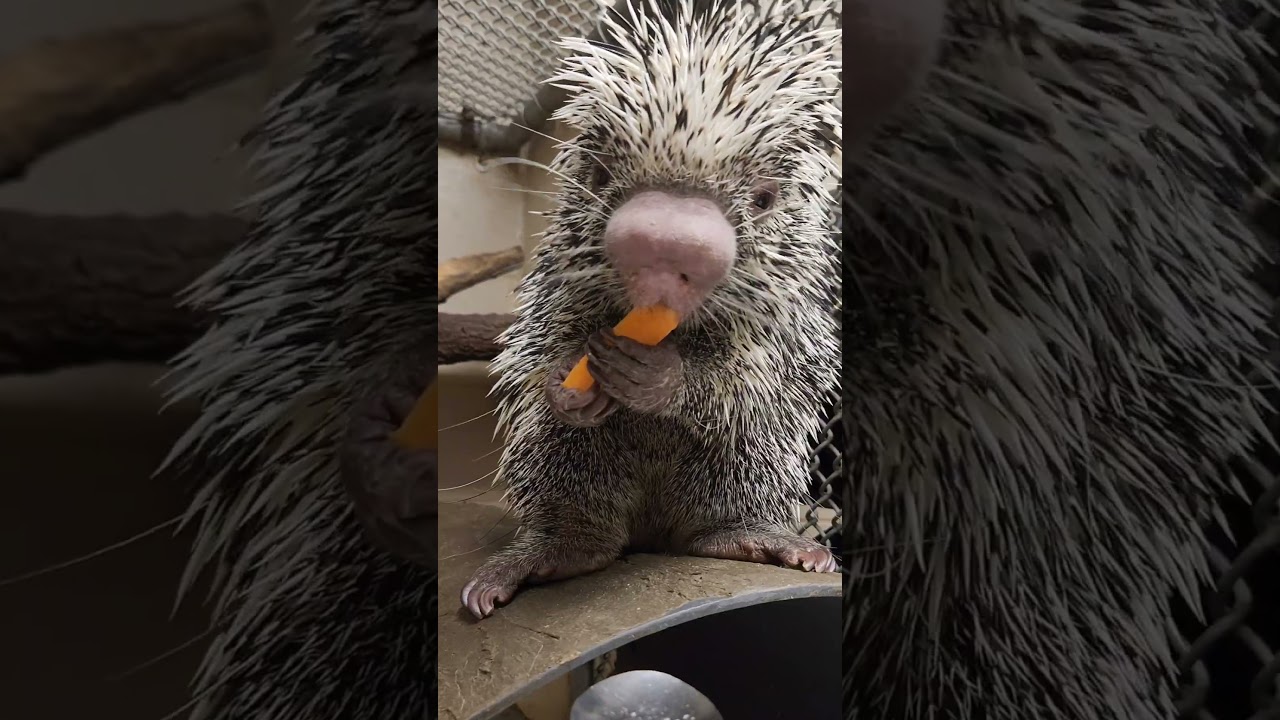– The nutritional needs and dietary preferences of various zoo animals during dinnertime
– Best practices in zoo management for feeding times to promote animal welfare
– The role of dinnertime in wildlife conservation efforts within zoos
– Insights into how zoo guests can positively engage with and learn from dinnertime activities
Feeding time at zoos, often called ‘Dinnertime,’ is a critical daily event that encompasses more than just providing animals with their nutritional needs. It significantly promotes animal welfare, educates visitors, and supports broader wildlife conservation efforts. This article sheds light on the multifaceted aspects of zoo dinnertime activities, blending scientific information with practical insights into zoo management and wildlife conservation.
The dietary needs of zoo animals are diverse and complex, reflecting their varied natural habitats and lifestyles. Carnivores, such as lions and tigers, require a diet rich in protein, usually provided in the form of meat, to mimic their predatory nature in the wild. Herbivores such as elephants and giraffes consume large amounts of vegetation, necessitating access to fresh leaves, fruits, and vegetables. Omnivores, like bears, have a more varied diet that can include both plant and animal matter. Dinnertime at the zoo is carefully planned to match these dietary needs as closely as possible, often involving the collaboration of veterinarians and nutritionists. This specialized attention helps ensure animal health and vitality, contributing to the overall goal of wildlife conservation by maintaining genetically diverse and physically robust animals within zoo populations.
Effective zoo management extends to the orchestration of feeding times, which are designed with the dual purpose of animal care and visitor education. Feeding routines often mimic natural hunting or foraging rhythms, providing animals with physical and mental stimulation that prevents boredom and promotes natural behaviors. This aspect of zoo management is crucial for animal welfare, contributing to the overall well-being of the residents. Furthermore, dinnertime offers a potent educational tool for zoo visitors. Guests can learn about different species’ diets, natural habitats, and conservation status through scheduled feeding demonstrations, fostering a connection between the public and the natural world. These educational moments are pivotal, encouraging a sense of responsibility and support for wildlife conservation efforts.
Wildlife conservation is a fundamental mission of modern zoos, and dinnertime activities are intricately linked to this objective. By maintaining healthy, sustainable populations of endangered species, zoos play a pivotal role in global conservation efforts. The genetic diversity of zoo animals is carefully managed through breeding programs, and a proper diet is essential for reproductive success and offspring health. Additionally, conservation projects often extend beyond the confines of the zoo, with many institutions supporting or directly engaging in habitat restoration, anti-poaching initiatives, and wildlife research. The visibility of dinnertime activities helps highlight these efforts, showcasing zoos as active participants in the fight against extinction.
Visitors have a unique opportunity to engage with and learn from dinnertime activities in an enlightening and entertaining manner. Zoos increasingly use these moments to convey important messages about conservation, sustainability, and the natural behaviors of animals in the wild. By observing feeding times, guests gain direct insights into the dietary habits of different species and become part of a larger conversation about the importance of biodiversity and ecosystems. This engagement is crucial, as public support and awareness are vital to successful conservation initiatives.
In essence, dinnertime at the zoo serves multiple purposes, from satisfying the complex dietary needs of diverse animal species to educating the public about wildlife conservation. Through careful planning and execution, these feeding times contribute significantly to animal welfare and play a pivotal role in conservation education. By fostering a deeper understanding and appreciation for the natural world, zoos encourage a collective effort toward preserving our planet’s biodiversity. Dinnertime is not just about feeding animals; it’s about sustaining life and promoting a harmonious coexistence between humans and wildlife.
*****
Source Description
Our team carefully crafts specialized diets for the 100+ unique animal species in our care daily!

